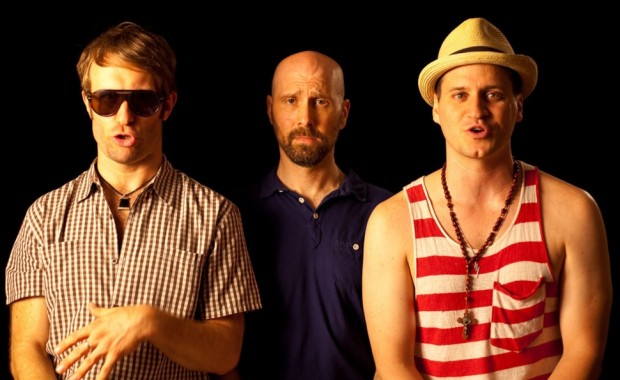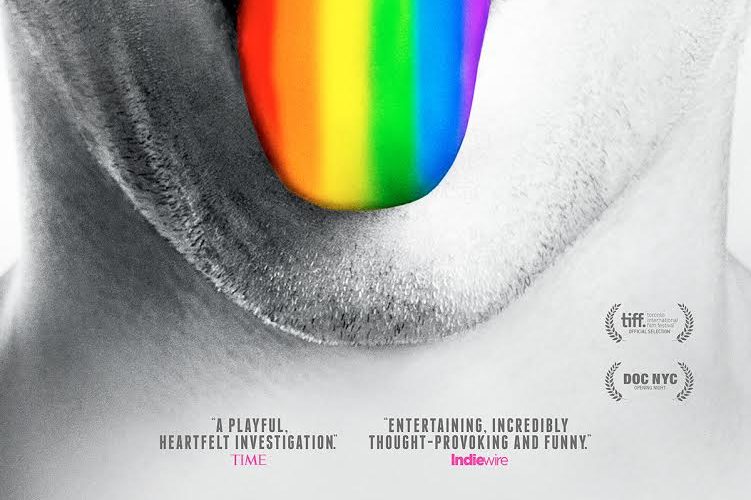Everyone who has heard their voice recorded on a video camera has wondered, “Is that what I really sound like?” This thought is typically followed up by a question to friends: “That’s not really what I sound like, is it?” As one of the most recognizable aspects of a person’s identification, it is no wonder that so much curiosity, joy and frustration goes into the acceptance of one’s own voice.
For the newly single journalist David Thorpe, anxiety about vocal identity comes from what he perceives is his sissy “gay voice.” It is not that David isn’t gay and doesn’t want to be perceived as sexually attracted to men; he is gay, but remains worried that his “gay voice” carries with it a stigma that will affect not only his romantic life but his business ventures as well. Do I Sound Gay? positions David in the role of subject and filmmaker in his journey to not only change his voice, but to identify the history, genesis, and stigma behind the culturally recognizable “gay voice.”

To change his voice, David enlists a speech therapist, and it’s through these sessions that he begins to explore and explain the sounds that define the “gay voice.” While David’s personal quest is far less interesting and committed than those of his documentarian peers, such as Morgan Spurlock’s all-McDonalds diet in Super Size Me, it does serve as a serviceable platform for him to springboard the film’s investigation. Do I Sound Gay? begins with David reading the credits aloud, immediately familiarizing audience’s in an intimate way with David’s unique voice. Consistent onscreen text and verbalizations make exploring voice patterns entertaining and accessible as well as invite audiences to explore the various differentiations of their own voice.
David Thorpe’s attacks the concept of the “gay voice” from every conceivable angle. He interviews friends, family, celebrities, writers, linguists, and speech therapists, all who provide their own distinctive perspectives into how the not only David’s voice has changed through the years but also their own feelings about the existence and reputation of the “gay voice.” One particularly revealing scene features one of David’s childhood friends expressing the betrayal she felt when she first experienced what she saw as David’s new adoption of a “gay voice.” Thorpe has cultivated an exhaustive and comprehensive assortment of expert interview guests; one moment Thorpe will be watching a gay rights leader marching in a pride parade and the next he will be conducting an interview with him.
It is through this process that Do I Sound Gay? arrives at its biggest revelation: within all voices there are variations that could be read as the “gay voice.” It is an interesting conclusion to arrive at, if not one that provides much clarity into where the cultural adoption of the perception of the “gay voice” stems. Just like David’s own aborted journey to change his voice, Do I Sound Gay? doesn’t seem committed enough to dig deep for the answers to or explanation of a perplexing cultural question, instead content in being light-hearted, often funny, and always thought-provoking.
Do I Sound Gay? enters a limited release on Friday, July 10th.

